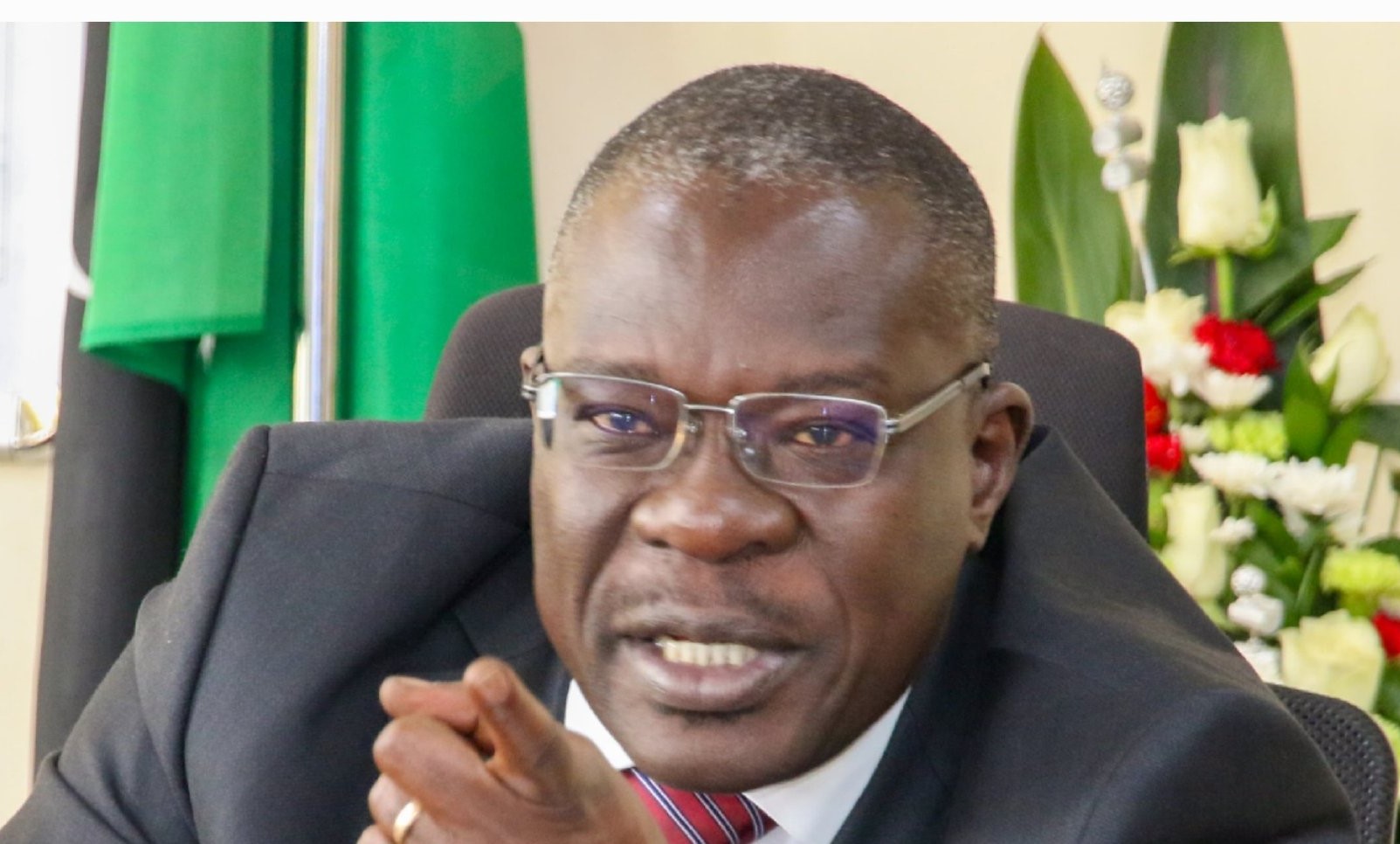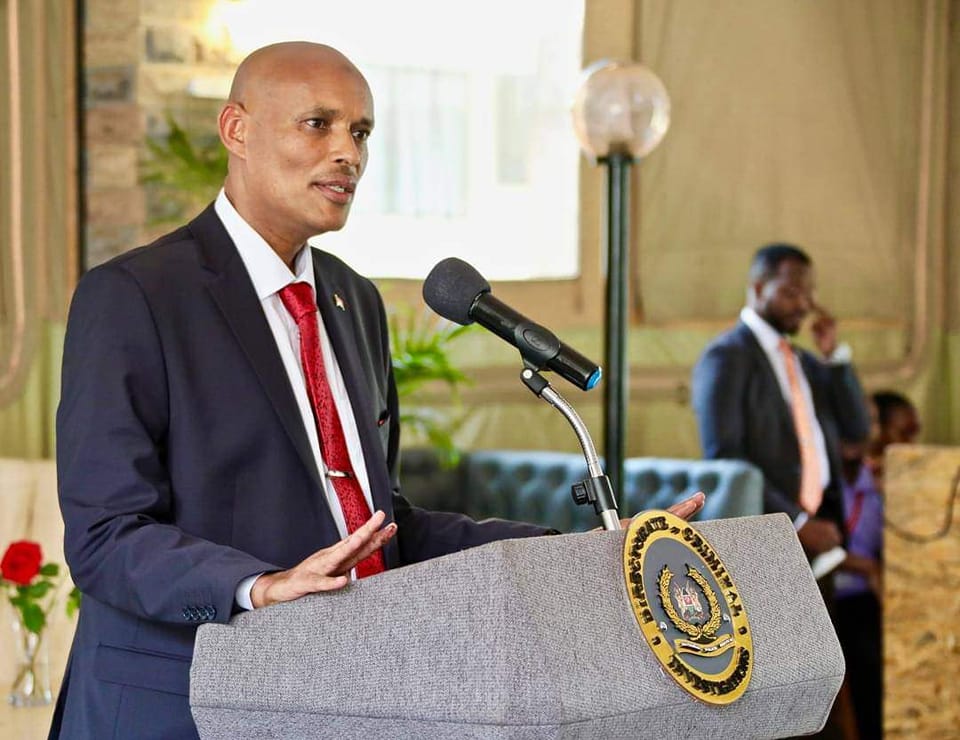By Mdadisi Mmoja
Nairobi, Kenya — When the Selection Panel, chaired by Arthur Osiya, concluded interviews in April 2025 for the positions of Chairperson and Members of the National Police Service Commission (NPSC), it seemed Kenya was on track to install new leadership at one of its most consequential constitutional bodies. Yet, in a puzzling turn of events, those same positions were re-advertised in May, over a month after candidates were shortlisted and suitable nominees identified.
What explains this sudden U-turn? Why discard the outcomes of an elaborate, legally anchored recruitment process? While official explanations remain vague, several theories suggest a deeper, more uncomfortable reality: the interference of political interests in what should have been a technocratic process.
1. Political Interests at Play
Insiders familiar with the process say certain names on the final shortlist did not sit well with powerful actors within the government. The reasons range from previous political affiliations to perceived independence or dissenting past records. In short, some candidates may have been deemed too independent—or simply not aligned with the preferred political script.
Given the Commission’s mandate to oversee recruitment, promotion, and discipline within the police service, the stakes are high. It is not inconceivable that actors with vested interests in law enforcement would seek to install compliant figures who will not rock the boat.
2. Security and Loyalty Calculus
At the heart of police oversight lies a delicate balance: enforcing the rule of law while remaining impartial and independent. However, Kenya’s history of politicized policing has made NPSC appointments an arena of strategic control. Sources speculate that the current administration may be seeking to entrench loyalists ahead of the 2027 general election, individuals more likely to adopt a soft stance on controversial deployments or disciplinary matters involving senior officers.
3. Ethnic and Regional Balancing Pressures
The ethnic arithmetic that often guides high-level public appointments in Kenya may also have influenced the rejection of the initial list. If the shortlisted candidates were perceived to skew toward certain communities or lack “regional balance,” pressure could have been exerted to start afresh. This, while unofficial, remains a powerful undercurrent in Kenya’s public service.
4. Discomfort with Oversight
Some shortlisted candidates may have had a reputation for rigour, integrity, and independence, qualities that are, ironically, problematic in a climate where oversight is viewed with suspicion rather than support. The Commission’s capacity to hold senior officers accountable is significant. A chairperson with a no-nonsense reputation could disrupt networks of impunity. Re-advertising the posts might thus be a manoeuvre to neutralize such threats.
5. Tragic Disruption or Convenient Excuse?
One shortlisted candidate, Komora Mubadi Jillo, collapsed and died during the interview process. While his death was tragic and unexpected, it is unclear whether this singular event could have justifiably invalidated the entire shortlist. Could this have been a convenient excuse to scrap the panel’s work and re-engineer the outcome?
Whatever the true cause, the re-advertisement casts a long shadow over the integrity of the selection process. It raises worrying questions about the autonomy of constitutionally established panels and the weight of their decisions. If panels can be overruled or bypassed due to political unease, what future remains for merit-based public appointments?
Beyond institutional embarrassment, the re-advertisement delays the reconstitution of the NPSC, whose previous leadership exited office in March. In the interim, the police service operates without full oversight, an uncomfortable scenario in a country where security operations remain contentious and politically sensitive.
The failure to install new commissioners also sends a troubling signal to potential candidates for other constitutional offices: that diligence, transparency, and competence may not suffice unless accompanied by political blessings.
The re-advertisement of the NPSC posts is more than a bureaucratic reset, it is a mirror reflecting the tensions between institutional independence and political power. Until Kenya decisively confronts this culture of interference, even its most well-crafted constitutional processes will remain vulnerable to subversion.





